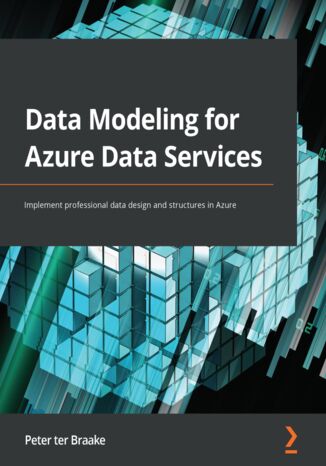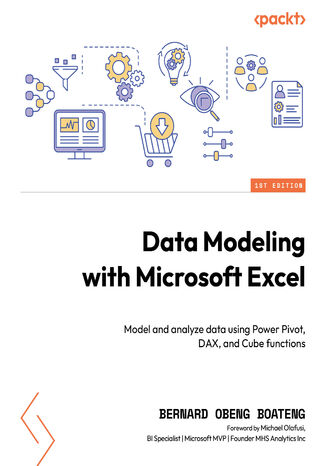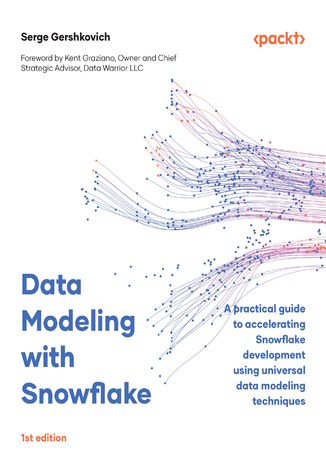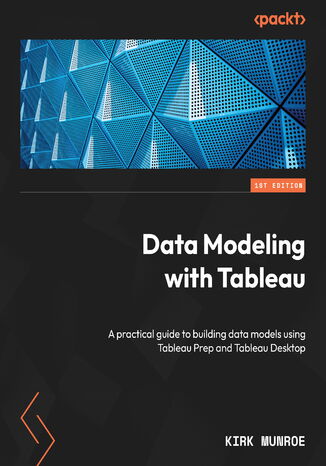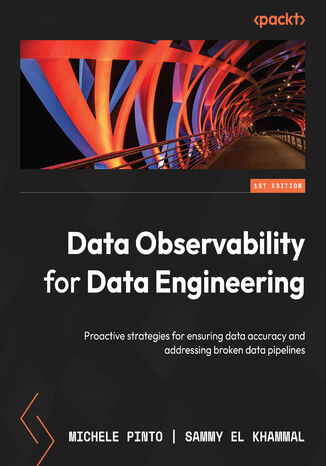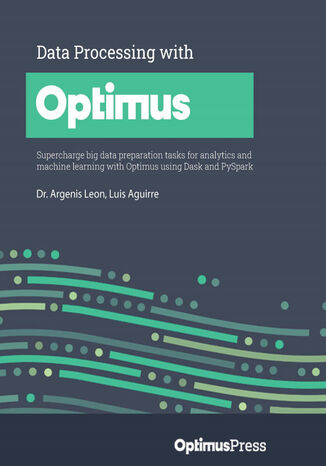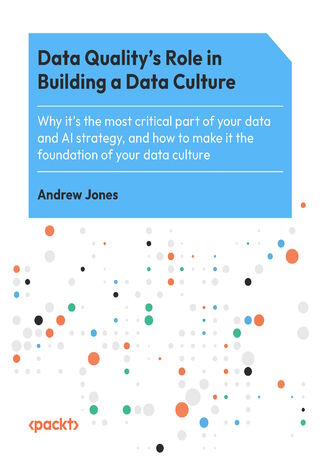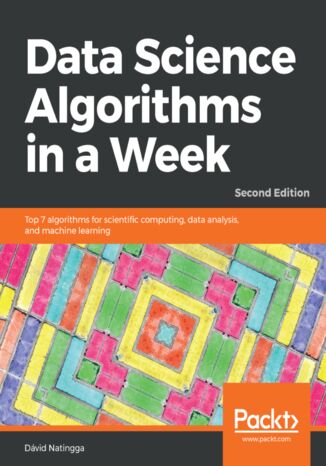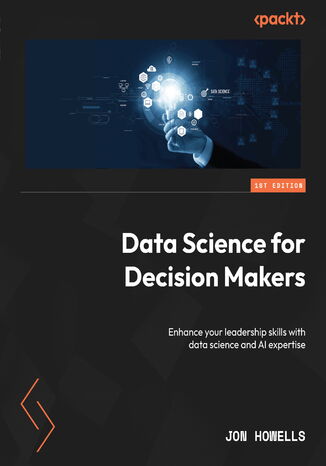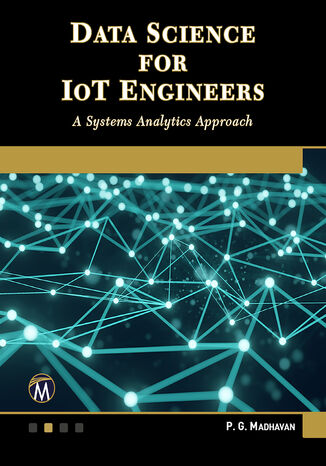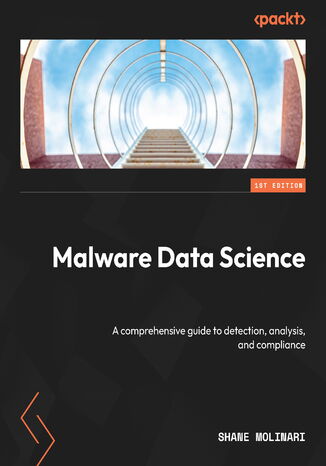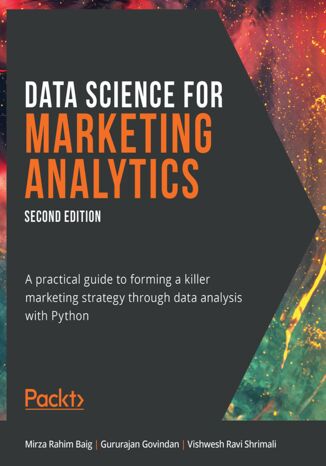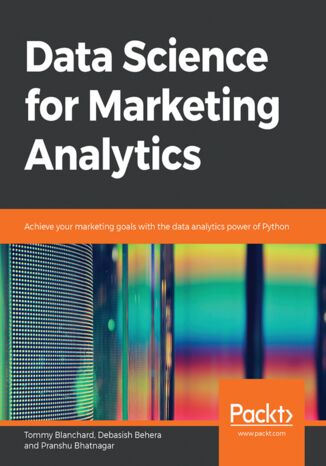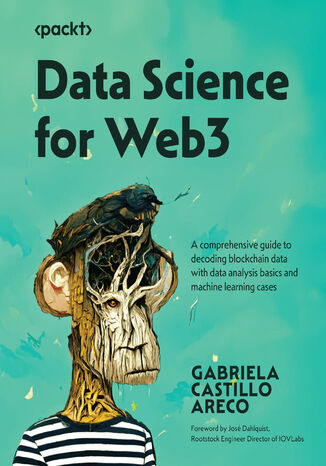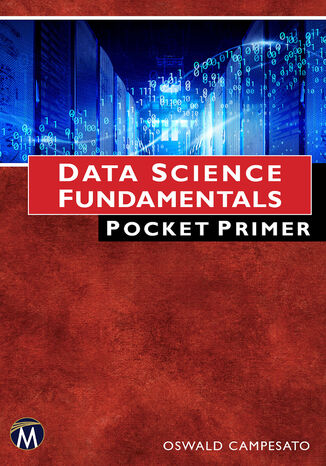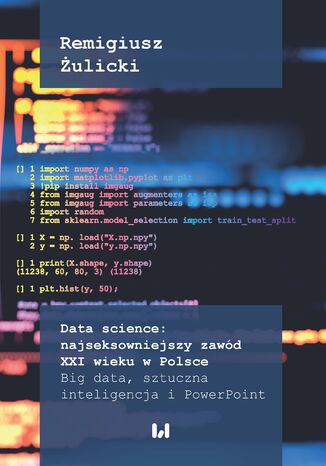Kategorien
E-Books
-
Wirtschaft
- Bitcoin
- Geschäftsfrau
- Coaching
- Controlling
- E-Business
- Ökonomie
- Finanzen
- Börse und Investitionen
- Persönliche Kompetenzen
- Computer im Büro
- Kommunikation und Verhandlungen
- Kleines Unternehmen
- Marketing
- Motivation
- Multimedia-Training
- Immobilien
- Überzeugung und NLP
- Steuern
- Sozialpolitik
- Handbȕcher
- Präsentationen
- Führung
- Public Relation
- Berichte, Analysen
- Geheimnis
- Social Media
- Verkauf
- Start-up
- Ihre Karriere
- Management
- Projektmanagement
- Personal (HR)
-
Für Kinder
-
Für Jugendliche
-
Bildung
-
Enzyklopädien, Wörterbücher
-
E-Presse
- Architektura i wnętrza
- Sicherheit und Gesundheit am Arbeitsplatz
- Biznes i Ekonomia
- Haus und Garten
- E-Business
- Ekonomia i finanse
- Esoterik
- Finanzen
- Persönliche Finanzen
- Unternehmen
- Fotografie
- Informatik
- HR und Gehaltsabrechnung
- Frauen
- Computer, Excel
- Buchhaltung
- Kultur und Literatur
- Wissenschaftlich und akademisch
- Umweltschutz
- meinungsbildend
- Bildung
- Steuern
- Reisen
- Psychologie
- Religion
- Landwirtschaft
- Buch- und Pressemarkt
- Transport und Spedition
- Gesundheit und Schönheit
-
Geschichte
-
Informatik
- Office-Programme
- Datenbank
- Bioinformatik
- IT Branche
- CAD/CAM
- Digital Lifestyle
- DTP
- Elektronik
- Digitale Fotografie
- Computergrafik
- Spiele
- Hacking
- Hardware
- IT w ekonomii
- Wissenschaftliche Pakete
- Schulbücher
- Computergrundlagen
- Programmierung
- Mobile-Programmierung
- Internet-Server
- Computernetzwerke
- Start-up
- Betriebssysteme
- Künstliche Inteligenz
- Technik für Kinder
- Webmaster
-
Andere
-
Fremdsprachen lernen
-
Kultur und Kunst
-
Lektüre
-
Literatur
- Anthologien
- Ballade
- Biografien und Autobiografien
- Für Erwachsene
- Drama
- Tagebücher, Memoiren, Briefe
- Epos
- Essay
- Science Fiction
- Felietonys
- Fiktion
- Humor, Satire
- Andere
- Klassisch
- Krimi
- Sachbücher
- Belletristik
- Mity i legendy
- Nobelpreisträger
- Kurzgeschichten
- Gesellschaftlich
- Okultyzm i magia
- Erzählung
- Erinnerungen
- Reisen
- Gedicht
- Poesie
- Politik
- Populärwissenschaftlich
- Roman
- Historischer Roman
- Prosa
- Abenteuer
- Journalismus
- Reportage
- Romans i literatura obyczajowa
- Sensation
- Thriller, Horror
- Interviews und Erinnerungen
-
Naturwissenschaften
-
Sozialwissenschaften
-
Schulbücher
-
Populärwissenschaft und akademisch
- Archäologie
- Bibliotekoznawstwo
- Filmwissenschaft
- Philologie
- Polnische Philologie
- Philosophie
- Finanse i bankowość
- Erdkunde
- Wirtschaft
- Handel. Weltwirtschaft
- Geschichte und Archäologie
- Kunst- und Architekturgeschichte
- Kulturwissenschaft
- Linguistik
- Literaturwissenschaft
- Logistik
- Mathematik
- Medizin
- Geisteswissenschaften
- Pädagogik
- Lehrmittel
- Populärwissenschaftlich
- Andere
- Psychologie
- Soziologie
- Theatrologie
- Teologie
- Theorien und Wirtschaftswissenschaften
- Transport i spedycja
- Sportunterricht
- Zarządzanie i marketing
-
Handbȕcher
-
Spielanleitungen
-
Professioneller und fachkundige Leitfaden
-
Jura
- Sicherheit und Gesundheit am Arbeitsplatz
- Geschichte
- Verkehrsregeln. Führerschein
- Rechtswissenschaften
- Gesundheitswesen
- Allgemeines. Wissenskompendium
- akademische Bücher
- Andere
- Bau- und Wohnungsrecht
- Zivilrecht
- Finanzrecht
- Wirtschaftsrecht
- Wirtschafts- und Handelsrecht
- Strafrecht
- Strafrecht. Kriminelle Taten. Kriminologie
- Internationales Recht
- Internationales und ausländisches Recht
- Gesundheitsschutzgesetz
- Bildungsrecht
- Steuerrecht
- Arbeits- und Sozialversicherungsrecht
- Öffentliches, Verfassungs- und Verwaltungsrecht
- Familien- und Vormundschaftsrecht
- Agrarrecht
- Sozialrecht, Arbeitsrecht
- EU-Recht
- Industrie
- Agrar- und Umweltschutz
- Wörterbücher und Enzyklopädien
- Öffentliche Auftragsvergabe
- Management
-
Führer und Reisen
- Afrika
- Alben
- Südamerika
- Mittel- und Nordamerika
- Australien, Neuseeland, Ozeanien
- Österreich
- Asien
- Balkan
- Naher Osten
- Bulgarien
- China
- Kroatien
- Tschechische Republik
- Dänemark
- Ägypten
- Estland
- Europa
- Frankreich
- Berge
- Griechenland
- Spanien
- Niederlande
- Island
- Litauen
- Lettland
- Mapy, Plany miast, Atlasy
- Miniführer
- Deutschland
- Norwegen
- Aktive Reisen
- Polen
- Portugal
- Andere
- Przewodniki po hotelach i restauracjach
- Russland
- Rumänien
- Slowakei
- Slowenien
- Schweiz
- Schweden
- Welt
- Türkei
- Ukraine
- Ungarn
- Großbritannien
- Italien
-
Psychologie
- Lebensphilosophien
- Kompetencje psychospołeczne
- zwischenmenschliche Kommunikation
- Mindfulness
- Allgemeines
- Überzeugung und NLP
- Akademische Psychologie
- Psychologie von Seele und Geist
- Arbeitspsychologie
- Relacje i związki
- Elternschafts- und Kinderpsychologie
- Problemlösung
- Intellektuelle Entwicklung
- Geheimnis
- Sexualität
- Verführung
- Aussehen ind Image
- Lebensphilosophien
-
Religion
-
Sport, Fitness, Diäten
-
Technik und Mechanik
Hörbücher
-
Wirtschaft
- Bitcoin
- Geschäftsfrau
- Coaching
- Controlling
- E-Business
- Ökonomie
- Finanzen
- Börse und Investitionen
- Persönliche Kompetenzen
- Kommunikation und Verhandlungen
- Kleines Unternehmen
- Marketing
- Motivation
- Immobilien
- Überzeugung und NLP
- Steuern
- Sozialpolitik
- Handbȕcher
- Präsentationen
- Führung
- Public Relation
- Geheimnis
- Social Media
- Verkauf
- Start-up
- Ihre Karriere
- Management
- Projektmanagement
- Personal (HR)
-
Für Kinder
-
Für Jugendliche
-
Bildung
-
Enzyklopädien, Wörterbücher
-
E-Presse
-
Geschichte
-
Informatik
-
Andere
-
Fremdsprachen lernen
-
Kultur und Kunst
-
Lektüre
-
Literatur
- Anthologien
- Ballade
- Biografien und Autobiografien
- Für Erwachsene
- Drama
- Tagebücher, Memoiren, Briefe
- Epos
- Essay
- Science Fiction
- Felietonys
- Fiktion
- Humor, Satire
- Andere
- Klassisch
- Krimi
- Sachbücher
- Belletristik
- Mity i legendy
- Nobelpreisträger
- Kurzgeschichten
- Gesellschaftlich
- Okultyzm i magia
- Erzählung
- Erinnerungen
- Reisen
- Poesie
- Politik
- Populärwissenschaftlich
- Roman
- Historischer Roman
- Prosa
- Abenteuer
- Journalismus
- Reportage
- Romans i literatura obyczajowa
- Sensation
- Thriller, Horror
- Interviews und Erinnerungen
-
Naturwissenschaften
-
Sozialwissenschaften
-
Populärwissenschaft und akademisch
- Archäologie
- Philosophie
- Wirtschaft
- Handel. Weltwirtschaft
- Geschichte und Archäologie
- Kunst- und Architekturgeschichte
- Kulturwissenschaft
- Literaturwissenschaft
- Mathematik
- Medizin
- Geisteswissenschaften
- Pädagogik
- Lehrmittel
- Populärwissenschaftlich
- Andere
- Psychologie
- Soziologie
- Teologie
- Zarządzanie i marketing
-
Handbȕcher
-
Professioneller und fachkundige Leitfaden
-
Jura
-
Führer und Reisen
-
Psychologie
- Lebensphilosophien
- zwischenmenschliche Kommunikation
- Mindfulness
- Allgemeines
- Überzeugung und NLP
- Akademische Psychologie
- Psychologie von Seele und Geist
- Arbeitspsychologie
- Relacje i związki
- Elternschafts- und Kinderpsychologie
- Problemlösung
- Intellektuelle Entwicklung
- Geheimnis
- Sexualität
- Verführung
- Aussehen ind Image
- Lebensphilosophien
-
Religion
-
Sport, Fitness, Diäten
-
Technik und Mechanik
Videokurse
-
Datenbank
-
Big Data
-
Biznes, ekonomia i marketing
-
Cybersicherheit
-
Data Science
-
DevOps
-
Für Kinder
-
Elektronik
-
Grafik / Video / CAX
-
Spiele
-
Microsoft Office
-
Entwicklungstools
-
Programmierung
-
Persönliche Entwicklung
-
Computernetzwerke
-
Betriebssysteme
-
Softwaretest
-
Mobile Geräte
-
UX/UI
-
Web development
-
Management
Podcasts
Data Modeling for Azure Data Services. Implement professional data design and structures in Azure
Data is at the heart of all applications and forms the foundation of modern data-driven businesses. With the multitude of data-related use cases and the availability of different data services, choosing the right service and implementing the right design becomes paramount to successful implementation.Data Modeling for Azure Data Services starts with an introduction to databases, entity analysis, and normalizing data. The book then shows you how to design a NoSQL database for optimal performance and scalability and covers how to provision and implement Azure SQL DB, Azure Cosmos DB, and Azure Synapse SQL Pool. As you progress through the chapters, you'll learn about data analytics, Azure Data Lake, and Azure SQL Data Warehouse and explore dimensional modeling, data vault modeling, along with designing and implementing a Data Lake using Azure Storage. You'll also learn how to implement ETL with Azure Data Factory.By the end of this book, you'll have a solid understanding of which Azure data services are the best fit for your model and how to implement the best design for your solution.
Bernard Obeng Boateng, Michael Olafusi
Microsoft Excel's BI solutions have evolved, offering users more flexibility and control over analyzing data directly in Excel. Features like PivotTables, Data Model, Power Query, and Power Pivot empower Excel users to efficiently get, transform, model, aggregate, and visualize data.Data Modeling with Microsoft Excel offers a practical way to demystify the use and application of these tools using real-world examples and simple illustrations.This book will introduce you to the world of data modeling in Excel, as well as definitions and best practices in data structuring for both normalized and denormalized data. The next set of chapters will take you through the useful features of Data Model and Power Pivot, helping you get to grips with the types of schemas (snowflake and star) and create relationships within multiple tables. You’ll also understand how to create powerful and flexible measures using DAX and Cube functions.By the end of this book, you’ll be able to apply the acquired knowledge in real-world scenarios and build an interactive dashboard that will help you make important decisions.
Serge Gershkovich, Kent Graziano
The Snowflake Data Cloud is one of the fastest-growing platforms for data warehousing and application workloads. Snowflake's scalable, cloud-native architecture and expansive set of features and objects enables you to deliver data solutions quicker than ever before.Yet, we must ensure that these solutions are developed using recommended design patterns and accompanied by documentation that’s easily accessible to everyone in the organization.This book will help you get familiar with simple and practical data modeling frameworks that accelerate agile design and evolve with the project from concept to code. These universal principles have helped guide database design for decades, and this book pairs them with unique Snowflake-native objects and examples like never before – giving you a two-for-one crash course in theory as well as direct application.By the end of this Snowflake book, you’ll have learned how to leverage Snowflake’s innovative features, such as time travel, zero-copy cloning, and change-data-capture, to create cost-effective, efficient designs through time-tested modeling principles that are easily digestible when coupled with real-world examples.
Tableau is unlike most other BI platforms that have a single data modeling tool and enterprise data model (for example, LookML from Google’s Looker). That doesn’t mean Tableau doesn’t have enterprise data governance; it is both robust and highly flexible. This book will help you effectively use Tableau governance models to build a data-driven organization.Data Modeling with Tableau is an extensive guide, complete with step-by-step explanations of essential concepts, practical examples, and hands-on exercises. As you progress through the chapters, you’ll learn the role that Tableau Prep Builder and Tableau Desktop each play in data modeling. You’ll also explore the components of Tableau Server and Tableau Cloud that make data modeling more robust, secure, and performant. Moreover, by extending data models for Ask and Explain Data, you’ll gain the knowledge required to extend analytics to more people in their organizations, leading to better data-driven decisions. Finally, this book will guide you through the entire Tableau stack and the techniques required to build the right level of governance into Tableau data models for the correct use cases.By the end of this Tableau book, you’ll have a firm understanding of how to leverage data modeling in Tableau to benefit your organization.
Michele Pinto, Sammy El Khammal
In the age of information, strategic management of data is critical to organizational success. The constant challenge lies in maintaining data accuracy and preventing data pipelines from breaking. Data Observability for Data Engineering is your definitive guide to implementing data observability successfully in your organization.This book unveils the power of data observability, a fusion of techniques and methods that allow you to monitor and validate the health of your data. You’ll see how it builds on data quality monitoring and understand its significance from the data engineering perspective. Once you're familiar with the techniques and elements of data observability, you'll get hands-on with a practical Python project to reinforce what you've learned. Toward the end of the book, you’ll apply your expertise to explore diverse use cases and experiment with projects to seamlessly implement data observability in your organization.Equipped with the mastery of data observability intricacies, you’ll be able to make your organization future-ready and resilient and never worry about the quality of your data pipelines again.
Dr. Argenis Leon, Luis Aguirre
Optimus is a Python library that works as a unified API for data cleaning, processing, and merging data. It can be used for handling small and big data on your local laptop or on remote clusters using CPUs or GPUs.The book begins by covering the internals of Optimus and how it works in tandem with the existing technologies to serve your data processing needs. You'll then learn how to use Optimus for loading and saving data from text data formats such as CSV and JSON files, exploring binary files such as Excel, and for columnar data processing with Parquet, Avro, and OCR. Next, you'll get to grips with the profiler and its data types - a unique feature of Optimus Dataframe that assists with data quality. You'll see how to use the plots available in Optimus such as histogram, frequency charts, and scatter and box plots, and understand how Optimus lets you connect to libraries such as Plotly and Altair. You'll also delve into advanced applications such as feature engineering, machine learning, cross-validation, and natural language processing functions and explore the advancements in Optimus. Finally, you'll learn how to create data cleaning and transformation functions and add a hypothetical new data processing engine with Optimus.By the end of this book, you'll be able to improve your data science workflow with Optimus easily.
Data Quality in the Age of AI. Building a foundation for AI strategy and data culture
As organizations worldwide seek to revamp their data strategies to leverage AI advancements and benefit from newfound capabilities, data quality emerges as the cornerstone for success. Without high-quality data, even the most advanced AI models falter. Enter Data Quality in the Age of AI, a detailed report that illuminates the crucial role of data quality in shaping effective data strategies.Packed with actionable insights, this report highlights the critical role of data quality in your overall data strategy. It equips teams and organizations with the knowledge and tools to thrive in the evolving AI landscape, serving as a roadmap for harnessing the power of data quality, enabling them to unlock their data's full potential, leading to improved performance, reduced costs, increased revenue, and informed strategic decisions.
Machine learning applications are highly automated and self-modifying, and continue to improve over time with minimal human intervention, as they learn from the trained data. To address the complex nature of various real-world data problems, specialized machine learning algorithms have been developed. Through algorithmic and statistical analysis, these models can be leveraged to gain new knowledge from existing data as well.Data Science Algorithms in a Week addresses all problems related to accurate and efficient data classification and prediction. Over the course of seven days, you will be introduced to seven algorithms, along with exercises that will help you understand different aspects of machine learning. You will see how to pre-cluster your data to optimize and classify it for large datasets. This book also guides you in predicting data based on existing trends in your dataset. This book covers algorithms such as k-nearest neighbors, Naive Bayes, decision trees, random forest, k-means, regression, and time-series analysis.By the end of this book, you will understand how to choose machine learning algorithms for clustering, classification, and regression and know which is best suited for your problem
Data Science for Decision Makers. Enhance your leadership skills with data science and AI expertise
As data science and artificial intelligence (AI) become prevalent across industries, executives without formal education in statistics and machine learning, as well as data scientists moving into leadership roles, must learn how to make informed decisions about complex models and manage data teams. This book will elevate your leadership skills by guiding you through the core concepts of data science and AI.This comprehensive guide is designed to bridge the gap between business needs and technical solutions, empowering you to make informed decisions and drive measurable value within your organization. Through practical examples and clear explanations, you'll learn how to collect and analyze structured and unstructured data, build a strong foundation in statistics and machine learning, and evaluate models confidently. By recognizing common pitfalls and valuable use cases, you'll plan data science projects effectively, from the ground up to completion. Beyond technical aspects, this book provides tools to recruit top talent, manage high-performing teams, and stay up to date with industry advancements.By the end of this book, you’ll be able to characterize the data within your organization and frame business problems as data science problems.
Mercury Learning and Information, P. G. Madhavan
This book introduces data science to professionals in engineering, physics, mathematics, and related fields. It serves as a workbook with MATLAB code, linking subject knowledge to data science, machine learning, and analytics, with applications in IoT. Part One integrates machine learning, systems theory, linear algebra, digital signal processing, and probability theory. Part Two develops a nonlinear, time-varying machine learning solution for modeling real-life business problems.Understanding data science is crucial for modern applications, particularly in IoT. This book presents a dynamic machine learning solution to handle these complexities. Topics include machine learning, systems theory, linear algebra, digital signal processing, probability theory, state-space formulation, Bayesian estimation, Kalman filter, causality, and digital twins.The journey begins with data science and machine learning, covering systems theory and linear algebra. Advanced concepts like the Kalman filter and Bayesian estimation lead to developing a dynamic machine learning model. The book ends with practical applications using digital twins.
In today's world full of online threats, the complexity of harmful software presents a significant challenge for detection and analysis. This insightful guide will teach you how to apply the principles of data science to online security, acting as both an educational resource and a practical manual for everyday use.Data Science for Malware Analysis starts by explaining the nuances of malware, from its lifecycle to its technological aspects before introducing you to the capabilities of data science in malware detection by leveraging machine learning, statistical analytics, and social network analysis. As you progress through the chapters, you’ll explore the analytical methods of reverse engineering, machine language, dynamic scrutiny, and behavioral assessments of malicious software. You’ll also develop an understanding of the evolving cybersecurity compliance landscape with regulations such as GDPR and CCPA, and gain insights into the global efforts in curbing cyber threats.By the end of this book, you’ll have a firm grasp on the modern malware lifecycle and how you can employ data science within cybersecurity to ward off new and evolving threats.
Mirza Rahim Baig, Gururajan Govindan, Vishwesh Ravi Shrimali
Unleash the power of data to reach your marketing goals with this practical guide to data science for business.This book will help you get started on your journey to becoming a master of marketing analytics with Python. You'll work with relevant datasets and build your practical skills by tackling engaging exercises and activities that simulate real-world market analysis projects.You'll learn to think like a data scientist, build your problem-solving skills, and discover how to look at data in new ways to deliver business insights and make intelligent data-driven decisions.As well as learning how to clean, explore, and visualize data, you'll implement machine learning algorithms and build models to make predictions. As you work through the book, you'll use Python tools to analyze sales, visualize advertising data, predict revenue, address customer churn, and implement customer segmentation to understand behavior.By the end of this book, you'll have the knowledge, skills, and confidence to implement data science and machine learning techniques to better understand your marketing data and improve your decision-making.
Tommy Blanchard, Debasish Behera, Pranshu Bhatnagar
Data Science for Marketing Analytics covers every stage of data analytics, from working with a raw dataset to segmenting a population and modeling different parts of the population based on the segments.The book starts by teaching you how to use Python libraries, such as pandas and Matplotlib, to read data from Python, manipulate it, and create plots, using both categorical and continuous variables. Then, you'll learn how to segment a population into groups and use different clustering techniques to evaluate customer segmentation. As you make your way through the chapters, you'll explore ways to evaluate and select the best segmentation approach, and go on to create a linear regression model on customer value data to predict lifetime value. In the concluding chapters, you'll gain an understanding of regression techniques and tools for evaluating regression models, and explore ways to predict customer choice using classification algorithms. Finally, you'll apply these techniques to create a churn model for modeling customer product choices.By the end of this book, you will be able to build your own marketing reporting and interactive dashboard solutions.
Gabriela Castillo Areco, José Dahlquist
Data is the new oil and Web3 is generating it at an unprecedented rate. Complete with practical examples, detailed explanations, and ideas for portfolio development, this comprehensive book serves as a step-by-step guide covering the industry best practices, tools, and resources needed to easily navigate the world of data in Web3.You’ll begin by acquiring a solid understanding of key blockchain concepts and the fundamental data science tools essential for Web3 projects. The subsequent chapters will help you explore the main data sources that can help address industry challenges, decode smart contracts, and build DeFi- and NFT-specific datasets. You’ll then tackle the complexities of feature engineering specific to blockchain data and familiarize yourself with diverse machine learning use cases that leverage Web3 data.The book includes interviews with industry leaders providing insights into their professional journeys to drive innovation in the Web 3 environment. Equipped with experience in handling crypto data, you’ll be able to demonstrate your skills in job interviews, academic pursuits, or when engaging potential clients.By the end of this book, you’ll have the essential tools to undertake end-to-end data science projects utilizing blockchain data, empowering you to help shape the next-generation internet.
Data Science Fundamentals Pocket Primer. An Essential Guide to Data Science Concepts and Techniques
Mercury Learning and Information, Oswald Campesato
This book, part of the Pocket Primer series, introduces the basic concepts of data science using Python 3 and other applications. It offers a fast-paced introduction to data analytics, statistics, data visualization, linear algebra, and regular expressions. The book features numerous code samples using Python, NumPy, R, SQL, NoSQL, and Pandas. Companion files with source code and color figures are available.Understanding data science is crucial in today's data-driven world. This book provides a comprehensive introduction, covering key areas such as Python 3, data visualization, and statistical concepts. The practical code samples and hands-on approach make it ideal for beginners and those looking to enhance their skills.The journey begins with working with data, followed by an introduction to probability, statistics, and linear algebra. It then delves into Python, NumPy, Pandas, R, regular expressions, and SQL/NoSQL, concluding with data visualization techniques. This structured approach ensures a solid foundation in data science.
Czy sztuczna inteligencja pozbawia nas pracy? Algorytmy przejmują władzę nad światem? Czy big data sprawia, że jesteśmy bezustannie inwigilowani, a ogromna ilość danych zastępuje ekspertów i naukowców? Cokolwiek sądzimy na te tematy, jedno jest pewne - istnieje heterogeniczne środowisko ludzi zajmujących się tzw. "sztuczną inteligencją" czy tzw. "big data" od strony technicznej oraz metodologicznej. Pole ich działania nazywane jest data science, a oni - data scientists. Publikacja to pierwsza monografia socjologiczna dotycząca data science i pierwsza praca w naukach społecznych, w której data science zostało zbadane jako społeczny świat w rozumieniu Adele E. Clarke. Podejście to pozwala spojrzeć na data science, nazwane dekadę wstecz w "Harvard Business Review" "najseksowniejszym zawodem XXI wieku", zarówno z perspektywy jego uczestników, jak i z lotu ptaka, w relacji do akademii, biznesu, prawa, mediów czy polityki.

